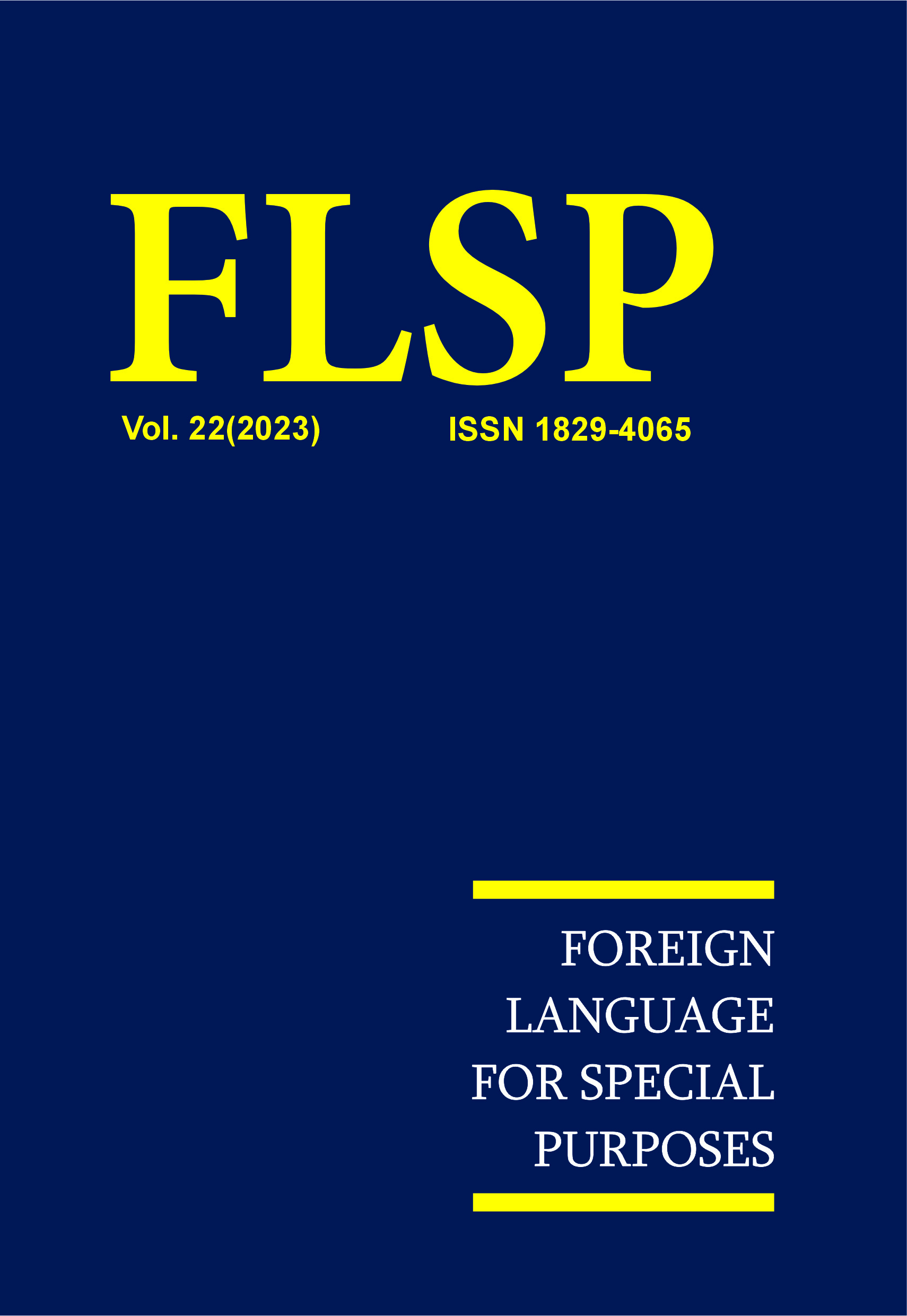TOPICALIZING LANGUAGE LEARNING IN ESL CLASSES
DOI:
https://doi.org/10.46991/FLSP.2023.22.050Keywords:
genre-specific language, syntactic constructions, English for Special Purposes, English for Academic PurposesAbstract
The study outlines the strategy for effective topicalizing of teaching material, and motivating graduate students in the language learning process, with a specific focus on the pivotal role of instructional materials in ESL classes. It is posited that the integration of intricate texts from narrow-specialized fields can serve a dual purpose: facilitating the teaching of linguistic fundamentals, at the same time stimulating meaningful discussions on professional topics. Based on extracts from W. Heisenberg’s seminal work “Physics and Philosophy. The Revolution in Modern Science” it is demonstrated that by weaving these elements together educators can cultivate a learning environment that not only imparts language skills but also ignites students’ enthusiasm and interest in their chosen filed.
References
Dudley-Evans and St. John “Developments in English for Specific Purposes. A multi-disciplinary Approach”, Cambridge University Press, 15th ed., 2012.
Heisenberg W., “Physics and Philosophy. The Revolution in Modern Science”, New York, 1958.
Hutchinson, T. and Waters, “English for specific purposes: A learning-centered approach”, Cambridge: Cambridge University Press, 1987
Samraj, B. (2004) Discourse features of the student - produced academic research paper: Variations across disciplinary courses // Journal of English for Academic Purposes 3:5– 22.
Swales, John M., “Genre Analysis. English in Academic and Research Settings”, Cambridge University Press, 2008
Swales, John and Ch.B. Feak “Academic English for Graduate Students. Essential Tasks and Skills”, Michigan University Press, 3 ed., 2012
Downloads
Published
Issue
Section
License
Copyright (c) 2023 Ruzanna Karapetyan

This work is licensed under a Creative Commons Attribution-NonCommercial 4.0 International License.
Creative Commons Attribution-Non-Commercial (CC BY-NC). CC BY-NC allows users to copy and distribute the article, provided this is not done for commercial purposes. The users may adapt – remix, transform, and build upon the material giving appropriate credit, providing a link to the license. The full details of the license are available at https://creativecommons.org/licenses/by-nc/4.0/

